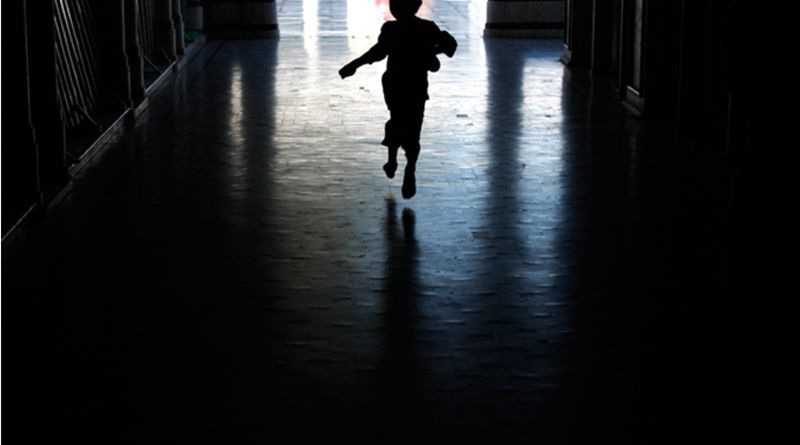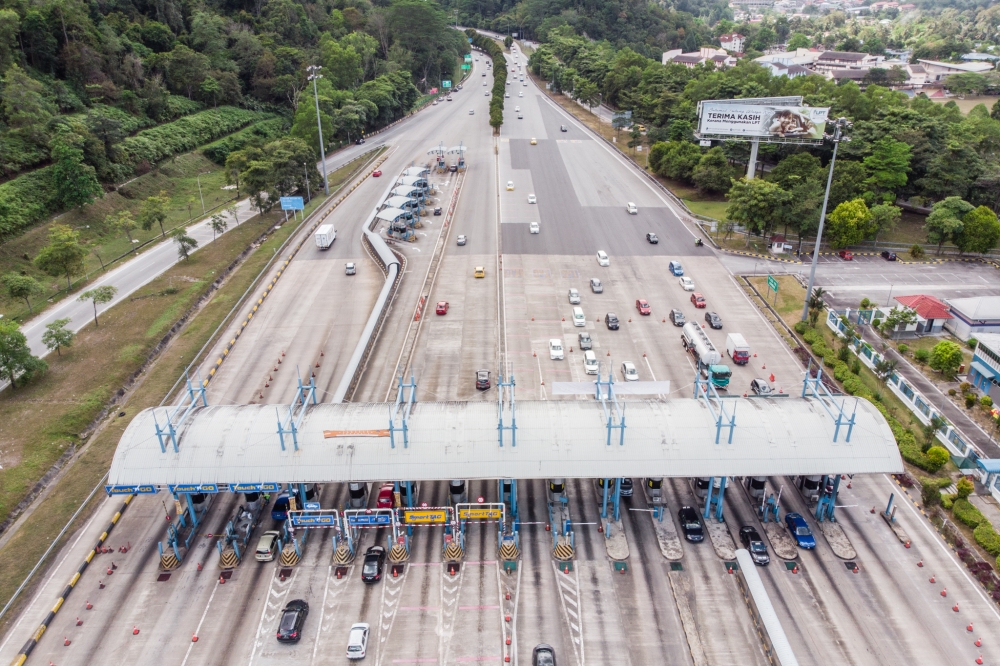IPOH, June 10 — Malaysia’s crusade against sexual abuse is in the right direction after the Sexual Offences Against Children Act 2017 was passed in Parliament in April.
Under the legislation, children can be regarded as competent witnesses in sexual crime cases.
Among the areas covered are child pornography, child sexual grooming, sexual assault, people who sexually assault children under their care, and the credibility of child witnesses.
But as always, the proof of the pudding is in the eating. The challenge remains in reducing child sexual abuse and observers say the battle is a difficult one.
Worrying figures
Datuk Dr Amar Singh, head of Paediatric Department and Senior Consultant Paediatrician at Ipoh’s Raja Permaisuri Bainun Hospital revealed some shocking statistics at a public talk recently.
At least one of 10 children in Malaysia have been, or continue to be sexually abused. One in four have been physically abused.
Dr Amar said many such cases go unreported.
Between 2013 and 2015, 77 per cent of rape cases involved victims aged below 18, while 45 per cent involved victims aged 13 to 15.
During the same period, 84 per cent of those arrested for these cases were aged above 18.
These cases have since been filed with the courts, and proceedings of some of these cases are under way.
Girls make up 78.8 per cent of reported cases of child abuse.
Children aged below three make up 24.4 per cent of reported abuse cases. Another 45.5 per cent are from the 13-18 age group, while four- to six-year-olds and seven- to 12-year-olds make up 17.6 per cent and 33.2 per cent of reported abuse victims.
In majority of abuse cases, the perpetrator is known to the victim. They are mostly the victim’s mother, father or guardian.
Reported child abuse cases have risen from 1,036 in 2001 to 4,453 in 2015, while sexual abuse reports rose from 251 to 924 during the same period.
State women’s development, family, community welfare, housing and local government committee chairman Datuk Rusnah Kassim said 329 cases of sexual abuse were reported in Perak last year.
Rusnah echoed Dr Amar that these figures are only the “tip of the iceberg”, as there are more unreported cases.
“Child abuse is not an activity conducted by a dirty old man or suspicious stranger in a deserted area, an abandoned house or a place considered ‘dangerous’.
“It isn’t only perpetuated by people with poor education or those in the lower socio-economic class.
“The abusers are average-looking parents and people, and these cases occurs in every strata of society.
“It usually happens at home or a care centre repetitively over long periods of time,” said Dr Amar.
What are the laws?
The Child Act 2001 addresses cases of children who are:
― Abused (physical, sexual, emotional) or at risk of being abused;
― Have unfit parents or guardians;
― Abandoned, neglected, or left without reasonable supervision;
― Requiring examination or treatment;
― Likely to inflict self-harm;
― In a serious conflict with their parents; and
― Allowed to be involved in illegal activities by parents.
Under the Act, any child care provider who has reason to believe a child is physically or emotionally injured as a result of being ill-treatment, neglect, abandonment or exposure, or is sexually abused, should inform a welfare officer.
Any child care provider who fails to comply with this, is committing an offence and liable to a fine or imprisonment upon conviction.
But even with the law in place, sexual abuse cases are being swept under the rug.
Dr Amar said the law needs to be backed up with proper implementation and strict enforcement.
We need backup
The key, he said, lies in improving the existing agencies that deal with sexual abuse such as the Welfare Department and police.
“Imagine having one welfare officer looking after 100 abused children in a year.
“Between court dates and the officer’s backlog, it is difficult for them to cope.
“Similarly, the police are busy, and there may be times where they have to prioritise other cases,” he said.
Clearly, more resources are needed to support the law. Making the job of welfare and police officers easier will give them a fighting chance to help more sexual abuse victims.
The good doctor also suggested universities teach budding doctors to deal with victims of sexual abuse.
As he puts it, doctors should not only be equipped to treat diseases but also societal problems, as many people approach doctors with such issues.
Policies such as the Sexual Offences Against Children Bill 2017 have the potential to make a difference to Malaysians.
But implementation and work on the ground will be the success drivers. Many cases of child sexual abuse go unreported.



















